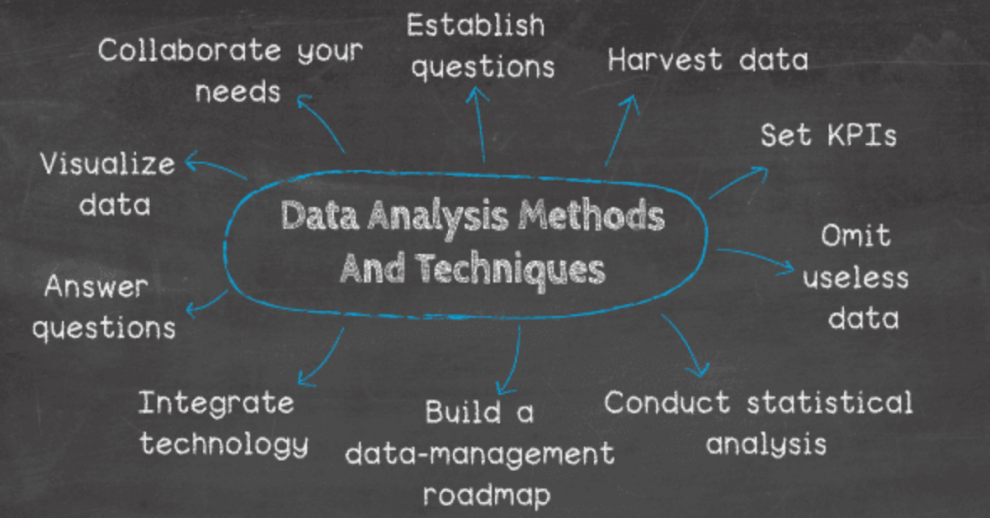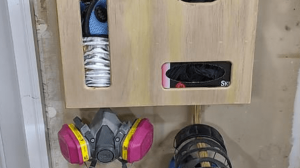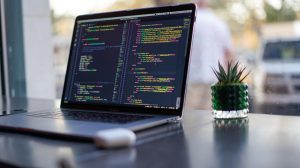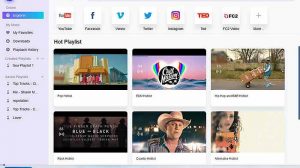When in search of more information about data analytics, it is crucial to understand what data analysis is. It is the process of getting relevant information to be used in business. When managers analyze data, it is to support the decisions and actions made for the company. It also involves knowing all the techniques and theories in the fields of data analysis, like data mining, predictive analytics, and statistics.
When you get confused about the concept and the formulae, do not panic. You can always view a related math site. It is a site where you can get someone to handles all the complicated work at an affordable cost and saves you time. There are two types of data: quantitative and qualitative; Quantitative majors with hard numbers and quantities. Qualitative data is more subjective and interpretive, like sales surveys. You can connect to the right data professionals by joining your hands with the networks like Xida Business Consultant.
Different techniques used for data analysis; they include:
Correlation Analysis: It is an analysis that shows the strong relationship between the two variables. The connection established when two variables are similar in evolution.
A good example will be driving speeds the number of times there are crashes. The relationship or correlation is not considered perfect; the reason being there are several factors to consider. In general, when the speed increases, the crashing rate increases. The crashing rate is considered higher for a vehicle driven at higher speeds on the other side of the road.
Regression Analysis: This is another technique of analyzing data for different variables. The method used when one variable is affecting the behavior of the other variable. Regression analysis focuses on other relationships between other variables. A good example is the effect between demand and price and money supply about the inflation rate.
Data Visualization: This technique helps individuals to know the importance of data information by showing it in a visual context. The data visualization tools help in creating precise and accurate reports that allow great insight and deep understanding of the data. The best use of data visualization is that it offers variance in the report layouts.
Scenario Analysis: This analysis involves looking at possible events that have alternative outcomes in the future. The best review when there are different potential alternatives, and you are not sure of the decision. It is the best technique used in business since it helps in giving predictions.
Data Mining: This technique referred to as knowledge discovery. It works with large data volumes for pattern detection, better relationships, and relevant information that, in the end, help in performance improvement. A retailer can use data mining to know about the buying patterns.
Monte Carlo Simulation: It involves random numbers and the probability of solving problems. It helps in risk analysis for different business sectors like project management, energy, manufacturing, finance, research, insurance, development, engineering, environment, transportation, and oil industry.
Neutral Networks: This technique is inspired by how the biological neural networks work the process information and the brain primarily. It helps in the simulation of the learning process of the human mind. It helps in facilitation and decision-making used in artificial intelligence. It also helps in the extraction of patterns and trends detection that are complex for the human brain and other computer techniques.
A/B Testing: The technique also referred to as split testing. The method compares the webpage and the application version, to know which performs better. A/B testing is for digital marketing, knowledge of the user reaction, and what works best. It is also used for test hypotheses when launching new products, doing an ad message, or advertising. All the approaches used in data analysis apply to different areas. It is imperative to understand them to know where to use them.






